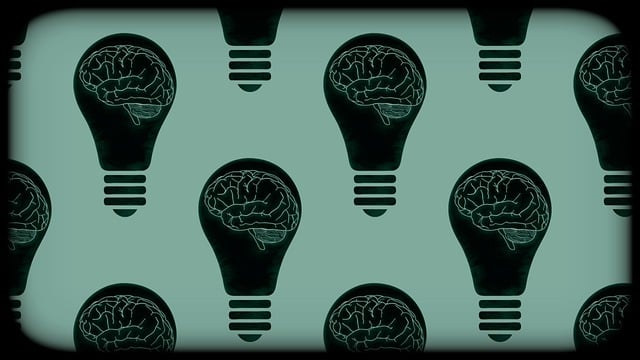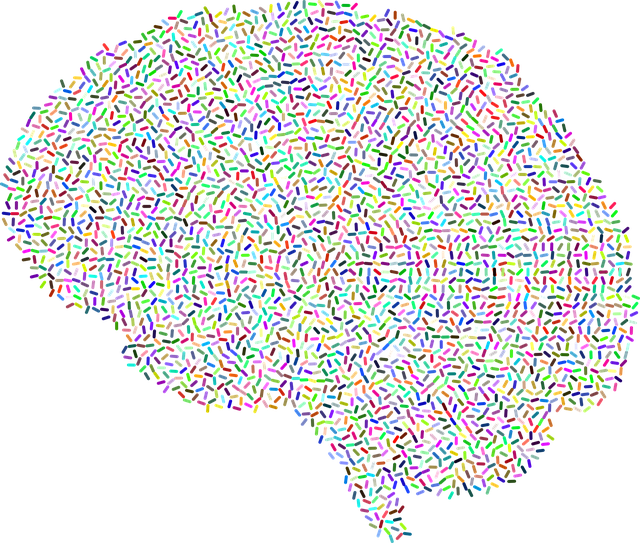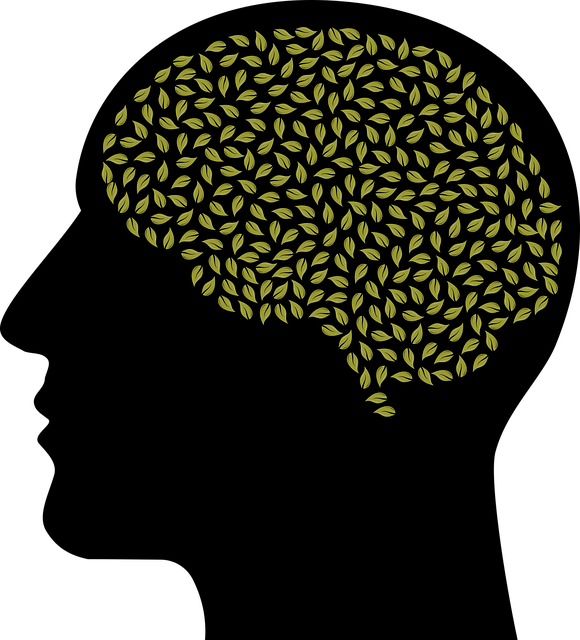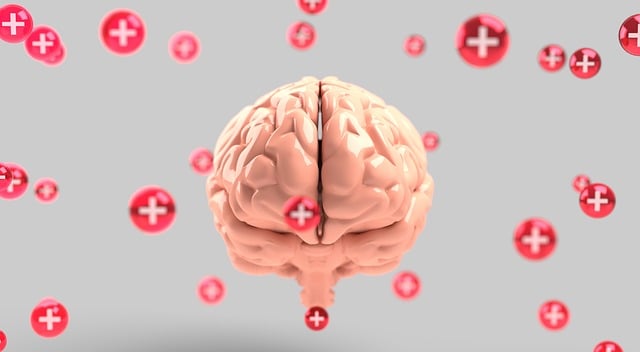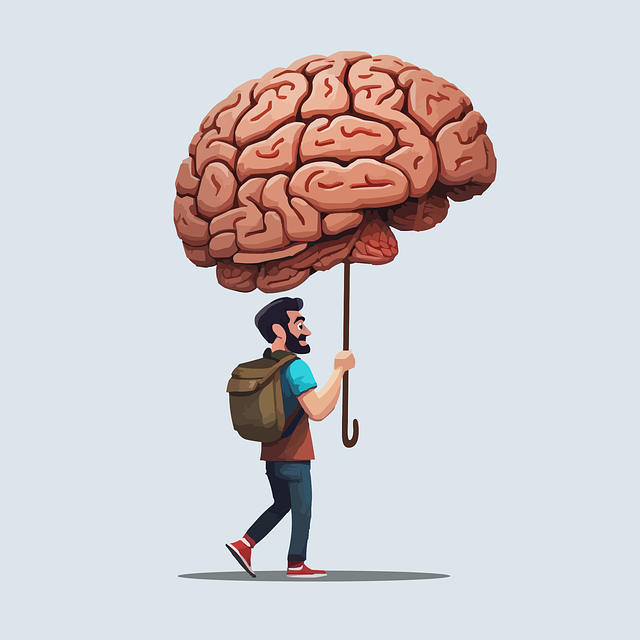In times of crisis, Crisis Intervention Teams (CITs) serve as vital "golden first responders" using conflict resolution techniques to de-escalate high-risk situations. These teams, comprising mental health professionals, law enforcement, and trained personnel, provide immediate support and advocate for holistic mental health policy analysis, bridging the gap between emergency services and long-term care. Golden First Responders Therapy, a core component of CIT training, equips individuals with skills to manage both physical and emotional aspects of high-stress situations, fostering empathy, resilience, and effective intervention. Implementing robust CIT training programs with practical, evidence-based strategies, interactive simulations, trauma-informed care, and inner strength development is crucial for managing mental health crises and reducing recidivism rates.
In times of crisis, having well-trained professionals ready to intervene can make a world of difference. Crisis intervention team (CIT) training programs equip individuals with the skills to support those in distress, preventing escalation and promoting positive outcomes. This article explores the critical role of CITs, with a particular focus on Golden First Responders Therapy as a transformative force in crisis response training and support. We’ll delve into essential components for successful program implementation, emphasizing the impact of comprehensive CIT training.
- Understanding Crisis Intervention Teams: A Vital Resource in Times of Emergency
- The Role of Golden First Responders Therapy in Training and Support
- Implementing Effective Training Programs: Key Components for Success
Understanding Crisis Intervention Teams: A Vital Resource in Times of Emergency

In times of emergency, Crisis Intervention Teams (CITs) emerge as vital resources, serving as the golden first responders to psychological crises. These specialized teams comprise mental health professionals, law enforcement officers, and other trained personnel who collaborate to assess and de-escalate high-risk situations. By integrating conflict resolution techniques and providing immediate support, CITs play a crucial role in both physical and emotional safety net, especially in scenarios where individuals are experiencing severe distress or contemplating self-harm.
The effectiveness of CITs lies not only in their swift response but also in their holistic approach to mental health policy analysis and advocacy. They bridge the gap between emergency services and long-term care, ensuring that those in crisis receive not just immediate relief but also access to ongoing emotional healing processes. This comprehensive strategy fosters better outcomes, reduces recidivism rates, and strengthens community resilience by promoting a culture of empathy, understanding, and effective intervention during times of emergency.
The Role of Golden First Responders Therapy in Training and Support

Golden First Responders Therapy plays a pivotal role in crisis intervention team training programs. This specialized therapy approach is designed to equip individuals with the skills needed to respond effectively during critical situations, focusing on both physical and emotional first aid. By fostering empathy and resilience, Golden First Responders Therapy enhances the ability of team members to provide immediate support while navigating high-stress environments.
Incorporating this therapy into training programs not only boosts the confidence of healthcare providers and other first responders but also promotes cultural competency. The Mental Wellness Podcast Series Production often highlights real-life scenarios where such training has made a significant difference, emphasizing the importance of emotional intelligence and understanding in crisis management. This holistic approach ensures that team members are prepared not just physically, but mentally and emotionally, to handle diverse and challenging situations, ultimately improving overall emergency response effectiveness.
Implementing Effective Training Programs: Key Components for Success

Implementing effective crisis intervention team training programs is paramount to equipping professionals with the skills needed to handle mental health crises adeptly. These programs must go beyond surface-level awareness and delve into practical, evidence-based strategies that foster rapid de-escalation and safe resolution. Key components for success include interactive simulations, role-playing scenarios addressing diverse populations, and training in trauma-informed care.
By prioritizing these elements, crisis intervention team members gain the confidence to recognize warning signs, manage risk, and provide Golden First Responders Therapy. Additionally, incorporating modules on inner strength development and risk management planning for mental health professionals enhances their resilience and enables them to navigate high-pressure situations with composure. Public awareness campaigns development should also be considered to educate communities about recognizing and reporting mental health emergencies, thereby complementing the training of intervention team members.
Crisis intervention team training programs, such as those incorporating Golden First Responders Therapy, are essential components of emergency preparedness. By equipping individuals with the skills to support others during crises, these programs foster a more resilient and responsive community. Implementing effective training involves integrating key components like practical scenarios, ongoing support, and continuous education. This ensures crisis intervention teams are well-prepared to provide timely, compassionate, and professional assistance when it matters most.
